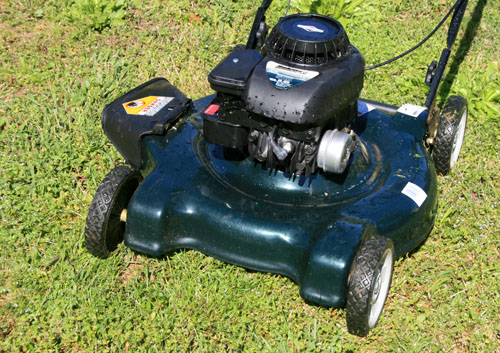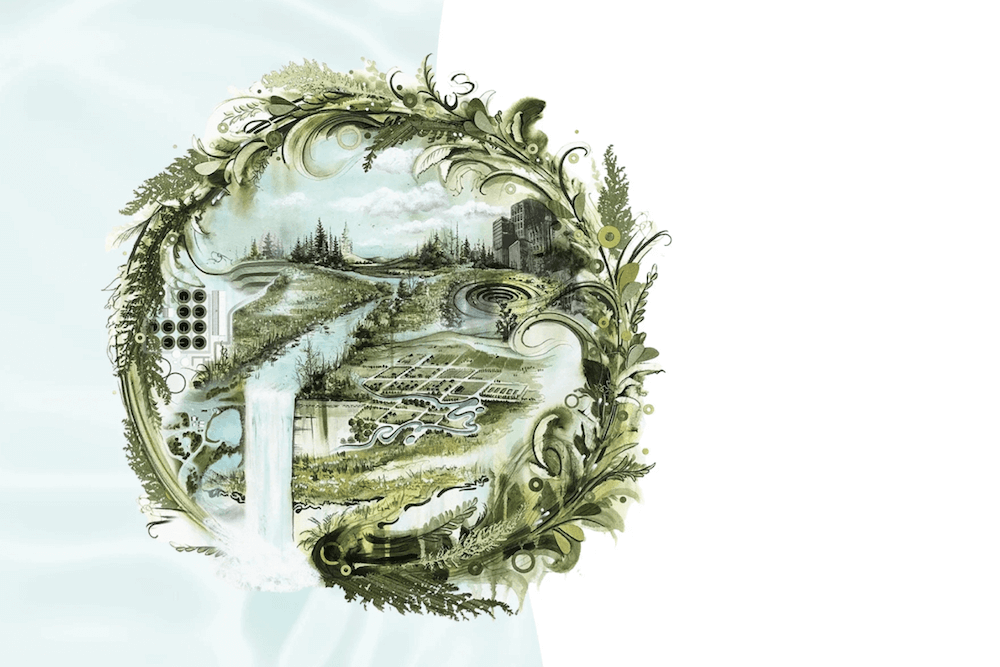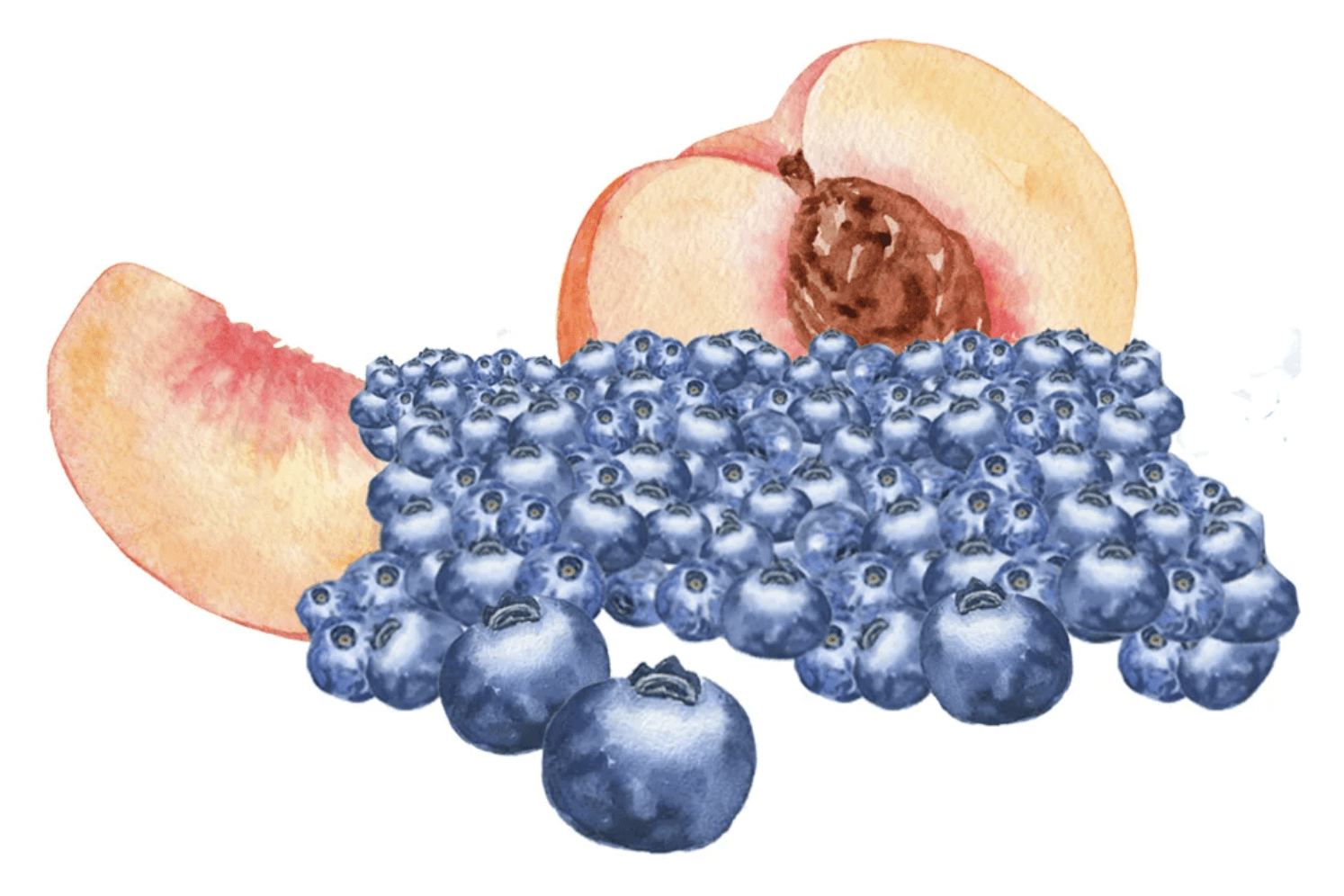Summer is just around the corner and rainfall deficits for Georgia are expected to continue, so learning how to save water in your landscape is essential. Following these tips from University of Georgia Cooperative Extension will help keep your lawn healthy while saving water and protecting the environment.
Know what you mow
Do you know the type of turfgrass you are mowing? Often people move into a home and inherit a lawn. Is it bermudagrass or zoysiagrass? Maybe it’s centipedegrass or St. Augustinegrass? Grasses may look similar, but different species have different needs.
For example, centipedegrass has very different nitrogen requirements than other warm-season grasses; the mowing height recommendations for tall fescue differ greatly from those for bermudagrass; and the fertilization timing of zoysiagrass is not the same for tall fescue.
If you are unsure what type of lawn you have, contact your local UGA Extension office for identification help. Knowing your grass type will help you manage mowing and fertilization with better results. As a bonus, healthy turf requires less water.
Aerate often
When a lawn care company suggests optional core aeration, do you pass on the service? You probably shouldn’t. Aeration relieves soil compaction, which is a major problem in Georgia’s clay soils.
Don’t think you have compacted soils? Several scenarios can worsen compaction. Maybe you had a tree removed and heavy machinery drove across or sat on your lawn. Do your children host weekly neighborhood football games? These activities contribute to soil compaction.
In order to survive drought, grass needs healthy, deep roots-- the kind that won’t be able to develop in compacted soil. Aeration can help. The core aerator has hollow tines that remove a core of soil 2 to 4 inches deep and about one-half inch in diameter. The open holes allow oxygen to enter the soil and give plant roots room to grow, allowing for greater movement of water and nutrients. Aeration creates healthier grass plants that will need less water.
Aeration can be done anytime the grass is actively growing and the soil is moist enough for the aerator tines to penetrate as deeply as possible into the grass. Deeper is always better! If you would like to do the work yourself, core aerators can be rented from hardware and big-box, garden retail stores. To save money, split the rental fee with your neighbors and aerate the entire neighborhood in a weekend.
Keep the mower blade sharp
Many home landscapers only sharpen their mower blades once every few years. This damages the lawn as mowing with a dull blade tears rather than cuts the grass. These wounds leave the grass vulnerable to disease-causing organisms that could require additional water and chemical inputs. It also leaves your lawn looking ragged.
A clean, mower cut quickly seals and leaves the entire lawn looking well manicured. If your lawn looks choppy, check your blade. Learning to sharpen your blade is not difficult, and many hardware stores offer blade-sharpening services.
For more information on caring for your lawn, contact your local UGA Extension office at 1-800-ASK-UGA1 or go to www.GeorgiaTurf.com.








